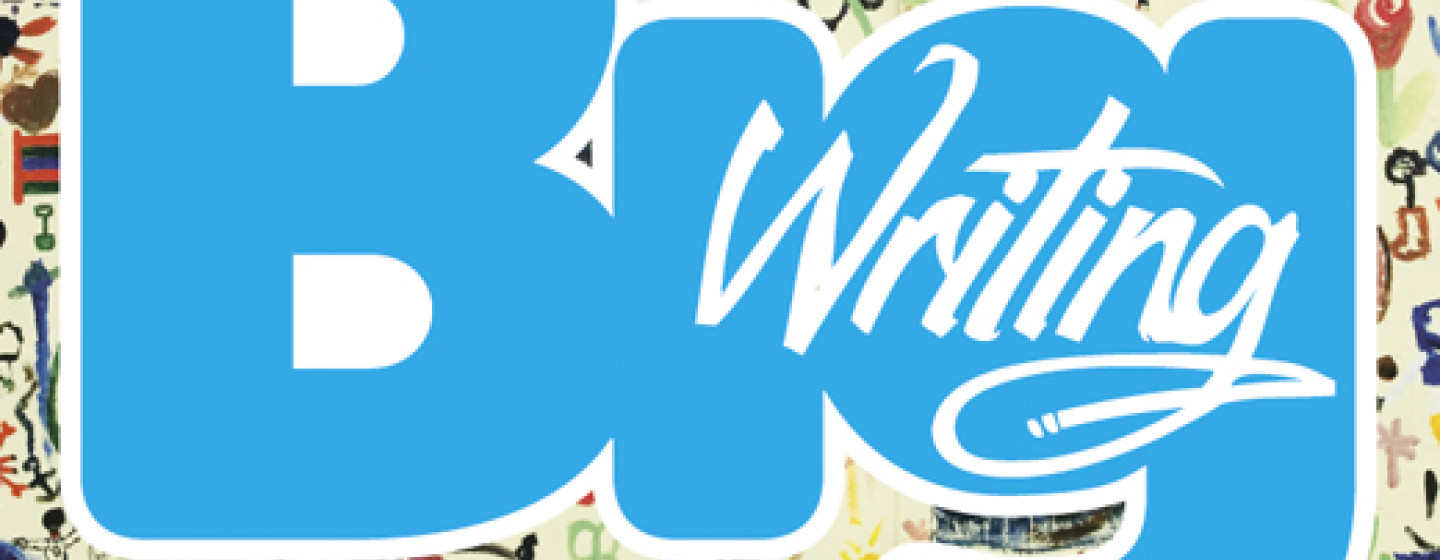
English - Writing
At Goldsmith, we are authors and publishers...
Children are confident, skilled and creative writers who can apply a variety of age-related and high-level grammar, punctuation and spelling skills to a variety of purposes within a wide range of genres. Children are able to adapt their writing to meet the needs of their audience and consider their language choices for impact.
Implementation:
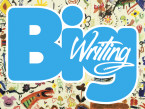
What is our curriculum?
We follow the Big Write and VCOP (Vocabulary, Conjunctions, Openers and Punctuation) writing process. Over the course of a unit, writing skills are taught and rehearsed to prepare pupils to write independently in their last session of the unit. These typically follow the 5Rs teaching structure (Read It, Rip It, Rehearse It, Write It and Review It).
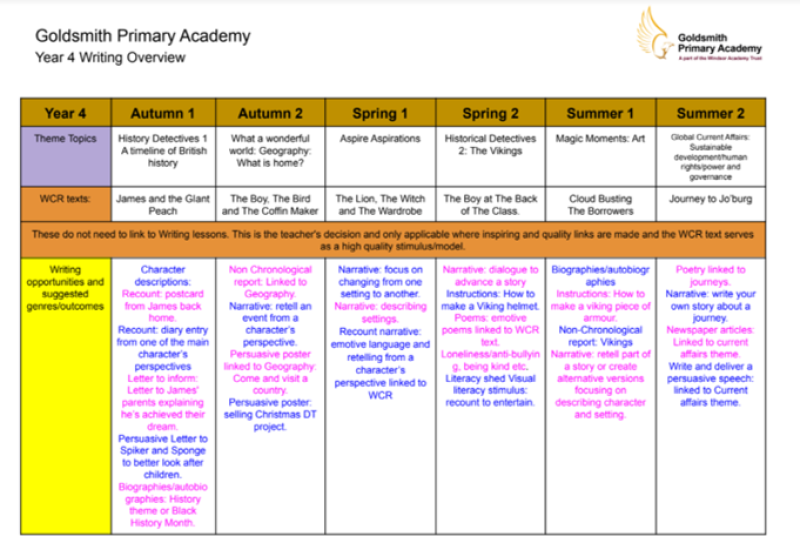
EYFS: Across EYFS, we use the guidance of Development Matters to ensure progression from mark making to written sentences. Classroom provision ensures there are always opportunities to write and staff engage with pupils within this to support and extend their learning. We focus on gross motor skills, moving to fine motor skills, with all staff actively encouraging good pencil/tool grip. In Reception letter sounds and their formation are taught though RWI, in the late Autumn term this is supplemented with the Penpals writing scheme. Children are regularly exposed to adults modelling so they see the purpose of the written word. Children are encouraged to use language displayed in class within their own writing. Within the environment, language is linked to the class theme and through the principles of Oracy teaching, language is taught intentionally, orally rehearsed within context and then applied within their increasingly independent writing.
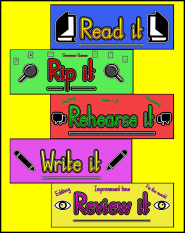
Year 1: In the autumn term pupils retell well-known stories orally before transferring this to supported writing opportunities, prior to independent writing. The modelling of writing makes explicit links to the SSP programme used in school. In the spring and summer term the 5Rs are introduced.
Year 2 and KS2: In Years 2-6, children follow the Big Write structure as well as incorporating elements of the 5Rs (Read It, Rip It, Rehearse It, Write It, Review It). This ensures pupils have opportunity to rip and dissect texts to understand purpose, features and audience of a variety of genres and have opportunity to rehearse and embed these skills and finally being able to apply them to their own piece of extended writing.
When is it taught?
- In Reception, pupils receive 2 lessons per week as well as letter formation being taught daily through RWI.
- In the autumn term, pupils in Year 1 receive two lessons per week, which includes one Big Write/Independent writing opportunity.
- In the autumn term, pupils in Year 2 receive two lessons per week, which includes one Big Write lesson.
- In the spring and summer term, Year 2 pupils receive four writing lessons per week.
- In KS2, all pupils receive four writing lessons per week.
How is it taught?
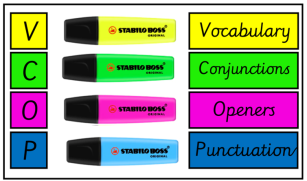 VCOP starters are used at the start of each session to rehearse skills needed for their specific writing genre as well as rehearsing and embedding previously taught writing skills. VCOP mats and resources are created and shared with pupils as a tool to support them in their writing. During each Big Write session, children are encouraged to review their writing by highlighting VCOP elements as they write. This should enable them to identify the overuse of certain elements or lack of variety where the same vocabulary, conjunction or style of opener is repeated etc and to edit and improve subsequent paragraphs based on this.
VCOP starters are used at the start of each session to rehearse skills needed for their specific writing genre as well as rehearsing and embedding previously taught writing skills. VCOP mats and resources are created and shared with pupils as a tool to support them in their writing. During each Big Write session, children are encouraged to review their writing by highlighting VCOP elements as they write. This should enable them to identify the overuse of certain elements or lack of variety where the same vocabulary, conjunction or style of opener is repeated etc and to edit and improve subsequent paragraphs based on this.
Impact:
How is impact measured?
Writing grids are used half-termly as an assessment tool. Children’s scores should improve as they are taught and exposed to a wider variety of skills and are confidently able to apply these to their writing with independence.
How do we know children have made progress?
Scores should increase within either an assessed piece of writing or more skills should be evident from looking at a range of pieces of writing.
How do we challenge and support lack of progress?
Pupil progress meetings and support in place for staff where this is needed. Support to plan interventions is offered to staff.
How are we inclusive?
- Learning
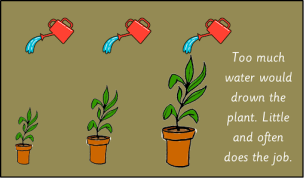 is scaffolded and support is given to ensure that learning is accessible to all learners. Word banks are working walls are available to support pupils in their learning and modelled writing can serve as a prompt to guide pupils.
is scaffolded and support is given to ensure that learning is accessible to all learners. Word banks are working walls are available to support pupils in their learning and modelled writing can serve as a prompt to guide pupils. - Where appropriate, assessment grids from previous year groups are used to assess SEND learners with prior agreement from English Leads.
- EAL learners are given extra support to develop vocabulary, sentence structure and key skills.
- There is high challenge for all pupils and all pupils have the opportunity to move on in their learning and access the learning at the highest possible expectation. Challenges and tasks which require application and higher level skills are provided in all lessons.
Grammar, Punctuation and Spelling (GPS):
For full detail regarding our delivery of the Grammar, Spelling and Punctuation requirements for all year groups, please see our 'GPA Approach on a Page - GPS' document.

